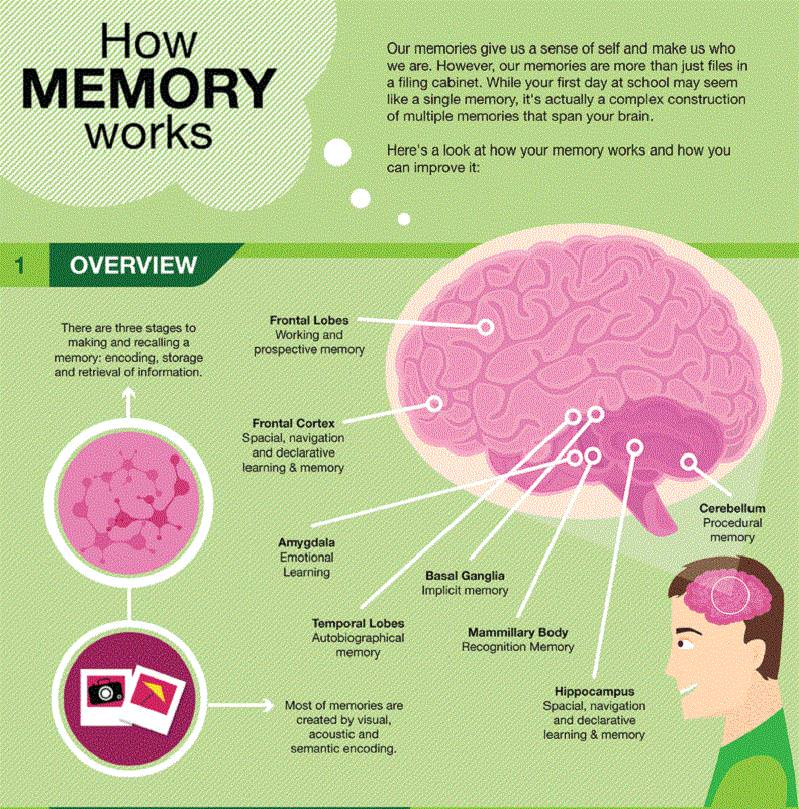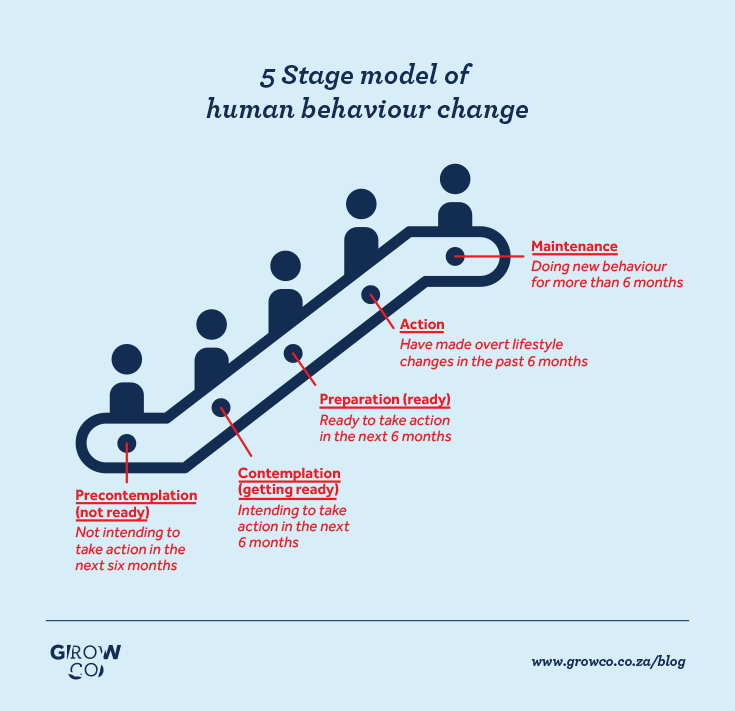Improving memory is a goal that many individuals strive for, whether for personal or professional reasons. It can be frustrating to forget names, faces, or important information right when you need them the most. Fortunately, there are effective memory techniques that can enhance your cognitive abilities and help you remember better. From brain memory strategies to practical memory improvement tips, understanding how memory works allows you to optimize your recall skills. By integrating cognitive enhancement methods into your everyday life, you can boost your memory and navigate life’s challenges with confidence.
Enhancing your recall abilities is a pursuit shared by countless people, often manifesting in the desire to retain and retrieve information more efficiently. With an array of techniques available, from mnemonic devices to structured practice routines, anyone can learn how to maximize their memory potential. Additionally, strategies rooted in cognitive science provide a robust foundation for effective learning and memory retention. By utilizing brain training exercises and systematic approaches, individuals can effectively bolster their memorization skills. Ultimately, understanding and applying these principles can lead to significant advancements in your overall cognitive performance.
Understanding Memory Techniques
Memory techniques are strategies designed to enhance our ability to remember information more effectively. One popular method is the “method of loci,” also known as the memory palace technique. This ancient technique involves visualizing a familiar place, such as your home, and associating elements you want to remember with specific locations within that space. This spatial memory strategy uses visual cues to help enhance memory recall, making it a powerful tool for improving memory.
Another notable method involves chunking information into smaller, manageable parts. For example, breaking down a long string of numbers into groups can make it easier to remember, such as 123-456-789 instead of 123456789. Memory improvement tips often emphasize the importance of organizing information logically, as this makes it more retrievable. Applying these memory techniques can lead to significant cognitive enhancement and better recall in both academic and everyday scenarios.
Tips for Improving Memory
Improving memory can often start with lifestyle changes and the application of specific techniques. Regular exercise is one of the most effective memory improvement tips; studies show that physical activity increases the production of growth factors in the brain, which can enhance cognitive functions. Additionally, getting enough sleep is crucial, as it allows the brain to consolidate memories, freeing up brain capacity for new information.
Another tip involves reducing distractions while studying or learning new information. When we engage in multitasking, such as trying to read while texting, our performance and memory retention suffer. Focusing on one task at a time improves the chances of remembering it later. Incorporating mindfulness practices, such as meditation, can also enhance concentration and reduce stress, which in turn helps to improve memory retention and recall.
Brain Memory Strategies for Better Recall
Effective brain memory strategies play a vital role in enhancing our ability to retain and recall information. One such strategy involves the use of mnemonic devices, which are memory aids that can help encode information in a way that makes it easier to remember. For instance, associating keywords or phrases with concepts you are trying to learn can create a mental link that makes recall easier.
Visualization is another powerful brain memory strategy. By picturing images or scenarios related to the subject matter, you create stronger memory connections. The more vividly you can visualize the information, the more likely you are to remember it later. Practicing these techniques consistently can lead to significant improvements in cognitive performance and overall memory efficiency.
How to Remember Better During Stressful Situations
Understanding how to remember better during stressful moments can significantly affect performance in critical situations, such as exams or public speaking. When faced with stress, your body enters a fight-or-flight mode, heightening your focus on immediate recall needs. By practicing calm breathing techniques and positive visualization, you can help manage anxiety, which may in turn enhance your memory retrieval abilities.
Additionally, preparing thoroughly in advance can ease the pressure when the moment arrives. Techniques like spaced repetition—reviewing information at increasingly longer intervals—can reinforce memories over time. Combining these strategies helps create a robust memory framework that can support recall even under duress.
The Role of Sleep in Memory Improvement
Sleep plays a crucial role in memory improvement by facilitating the consolidation of learning and recall. During sleep, particularly REM sleep, the brain processes and organizes information acquired throughout the day, solidifying it into long-term memory. Skimping on sleep can disrupt this process, leading to impaired memory functions and cognitive decline. Studies have shown that individuals who get adequate sleep perform significantly better on memory tests than those who are sleep-deprived.
To optimize memory enhancement, consider establishing a consistent sleep schedule. This regularity improves the quality of sleep, further aiding cognitive processes. Furthermore, reducing screen time before bed can enhance sleep quality, ensuring that the brain is well-rested and ready to absorb and recall new information effectively.
The Connection Between Nutrition and Memory
Nutrition significantly affects brain health and memory capabilities. Consuming a balanced diet rich in antioxidants, healthy fats, vitamins, and minerals is essential for supporting cognitive functions. Foods like fatty fish, blueberries, and nuts have been shown to enhance memory function due to their high levels of omega-3 fatty acids and antioxidants, which support brain health and protect against oxidative stress.
In addition to maintaining a nutritious diet, staying hydrated is critical for optimal cognitive performance. Dehydration has been linked to difficulties in concentration and long-term memory impairment. Therefore, drinking sufficient water throughout the day can help keep the brain functioning at its best, further improving memory and supporting overall cognitive enhancement.
Exercising for Improved Cognitive Function
Engaging in regular physical activity has been shown to improve cognitive function and enhance memory abilities. Exercise increases blood flow to the brain, promoting the growth of new neurons and supporting existing neural connections. Activities such as aerobic workouts can stimulate the release of brain-derived neurotrophic factor (BDNF), a protein that supports neuron health and plays a crucial role in learning and memory.
Moreover, exercise can also help reduce symptoms of stress and anxiety, allowing for a clearer focus and better memory retention. Incorporating a mix of cardiovascular and strength-training exercises into your routine will yield the best results for cognitive enhancement and lasting memory improvement.
Techniques for Retaining Information
To effectively retain information, diverse techniques can be implemented that cater to different learning styles. For visual learners, creating mind maps or diagrams can help in organizing thoughts and visually connecting ideas, resulting in improved recall. Auditory learners might benefit from reading information aloud or discussing topics with peers to reinforce memory through auditory channels.
In contrast, kinesthetic learners could find success in interactive methods, such as role-playing or hands-on activities, which allow them to engage physically with the learning material. Utilizing a combination of these techniques can provide a comprehensive approach to memory retention, making it easier to retrieve information when needed.
Leveraging Technology for Memory Improvement
In today’s digital age, technology offers numerous tools to assist with memory improvement. Applications designed for creating flashcards, tracking learning progress, and even utilizing spaced repetition algorithms can enhance memorization and recall. For instance, apps like Anki use spaced repetition to optimize the timing of reviews, ensuring that information is recalled effectively before it’s forgotten.
Additionally, platforms that facilitate online learning allow individuals to engage with educational content in a more interactive and flexible manner. These technologies not only make the learning process enjoyable but can also aid in the retention of information by providing constant access to review materials and collaborative experiences.
Frequently Asked Questions
What are some effective memory techniques to improve recall?
Effective memory techniques to improve recall include the method of loci, mnemonic devices, and chunking. The method of loci, also known as the memory palace technique, helps associate information with familiar locations in your mind. Mnemonic devices use acronyms or memorable phrases to simplify complex information, while chunking breaks down information into smaller, manageable units for easier recall.
How can I enhance my brain memory strategies for better learning?
To enhance your brain memory strategies for better learning, try spaced repetition, active engagement, and ensuring good sleep hygiene. Spaced repetition involves revisiting information at increasing intervals, which reinforces memory retention. Engaging actively with the material—such as summarizing, teaching others, or applying concepts—can also improve understanding and memory retention.
What are some memory improvement tips for students preparing for exams?
Memory improvement tips for students preparing for exams include creating a study schedule that incorporates regular review sessions, using flashcards for active recall, and employing visualization techniques to connect information with images. Additionally, taking breaks and ensuring adequate sleep before the exam can significantly boost memory recall during test times.
How can I remember better while multitasking?
To remember better while multitasking, limit the number of tasks you try to manage simultaneously. Focus on one verbal task at a time or try to separate verbal and visual tasks to reduce cognitive load. Utilizing tools like to-do lists or reminders can help offload mental effort, allowing you to concentrate on important information more effectively.
Can exercise really help with memory improvement and cognitive enhancement?
Yes, regular physical exercise has been shown to enhance memory improvement and cognitive function. Exercise promotes the release of growth factors in the brain and can increase the volume of the hippocampus, a critical region for memory formation. Aim for at least 150 minutes of moderate aerobic activity each week to support your memory health.
What role does sleep play in improving memory retention?
Sleep plays a vital role in improving memory retention by consolidating information learned throughout the day. During sleep, especially during deep sleep stages, the brain processes and organizes memories, making them easier to recall later. Prioritizing quality sleep can dramatically enhance your ability to remember information.
What techniques can I use to enhance my ability to remember names?
To enhance your ability to remember names, focus on repeating the person’s name during the conversation, associating it with a visual image or characteristic, and connecting it with a familiar name or word. Practicing active listening and minimizing distractions can also improve your chances of recalling names later.
Are there specific foods that support memory improvement?
Yes, certain foods can support memory improvement and brain health. Foods rich in omega-3 fatty acids, such as fatty fish (salmon, sardines), nuts, seeds, and leafy green vegetables are beneficial. Antioxidant-rich foods like berries, dark chocolate, and green tea are also known to enhance cognitive function and memory.
How does stress affect memory and what can I do to manage it?
Stress can impair memory by disrupting the brain’s normal functioning and reducing the ability to recall information effectively. To manage stress, practice relaxation techniques such as mindfulness, meditation, or deep-breathing exercises. Regular physical activity and maintaining a balanced social life can also help mitigate stress effects on memory.
What is the ‘method of loci’ and how can it help improve memory?
The ‘method of loci,’ also known as the memory palace technique, is a mnemonic strategy that involves visualizing a familiar place and associating specific memories or pieces of information with distinct locations or landmarks within that space. This technique enhances memory retention by creating vivid mental images that are easier to recall.
| Key Points |
|---|
| Memory improvement insights from scientists Andrew Budson and Elizabeth Kensinger. |
| Practice consistently for better skill acquisition (one hour a day is more effective than seven hours once a week). |
| Regular exercise (six weeks) can enhance brain health and memory retention. |
| Memories can change over time when recalled. |
| George Miller’s research influences the length of memory cues like phone and ATM numbers. |
| Multitasking reduces memory performance, especially with two verbal tasks. |
| Using specific techniques can aid in remembering names (such as associating with facts). |
| Sleep is crucial for memory consolidation after intense studying. |
| Certain substances, like cannabis, can impair memory functions. |
| ‘Method of loci’ is a powerful mnemonic technique that uses spatial memory for information recall. |
| Stress can enhance recall of critical information in urgent situations. |
Summary
Improving memory is essential for enhancing overall cognitive performance and recall capabilities. By utilizing research-backed strategies such as regular exercise, consistent practice, and effective mnemonic techniques, individuals can significantly boost their memory. Furthermore, understanding the psychology of memory, including how stress impacts recall, empowers us to harness our brain’s full potential. These insights not only help us remember better but also enhance our day-to-day functioning in both personal and professional settings.



